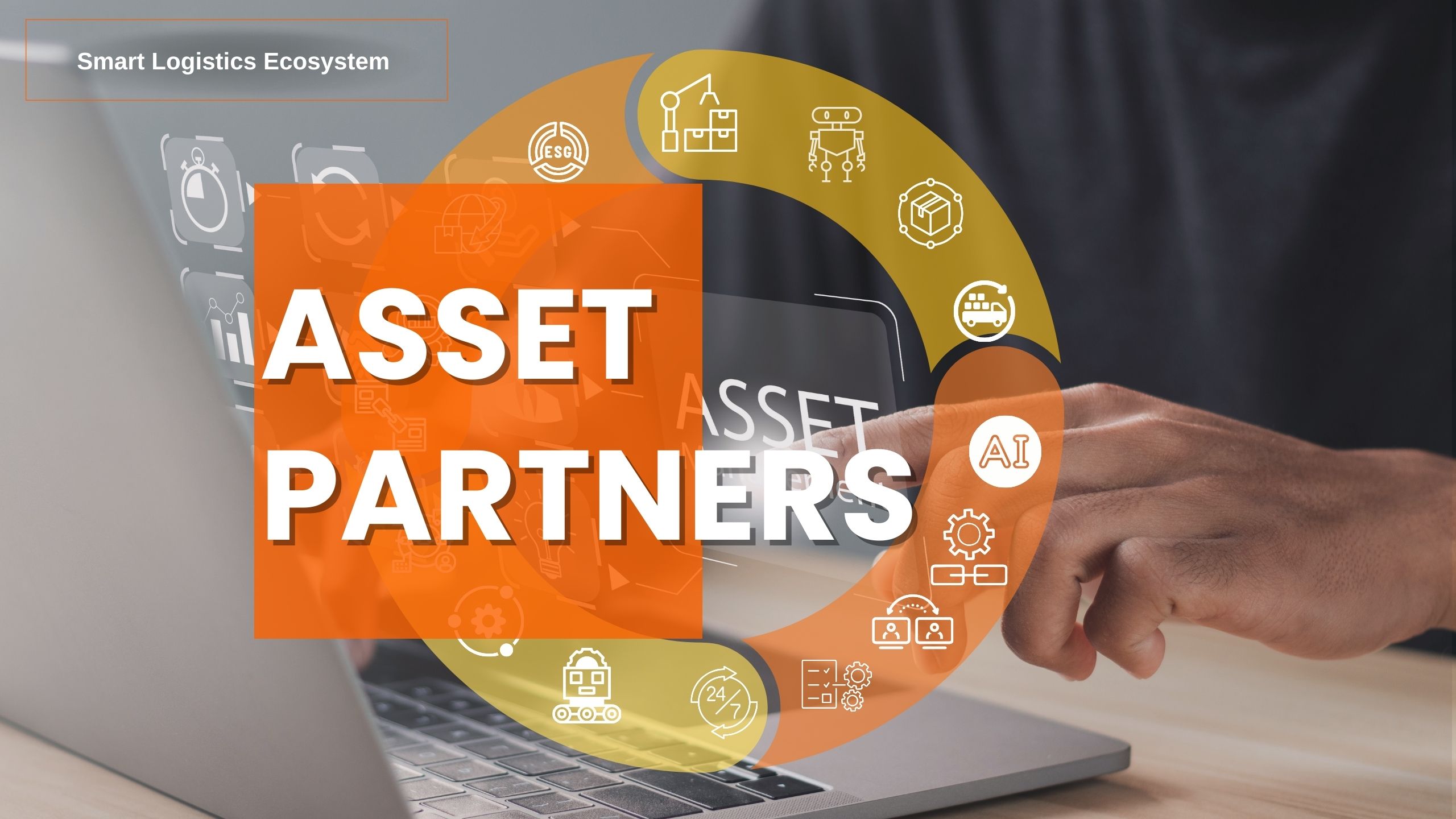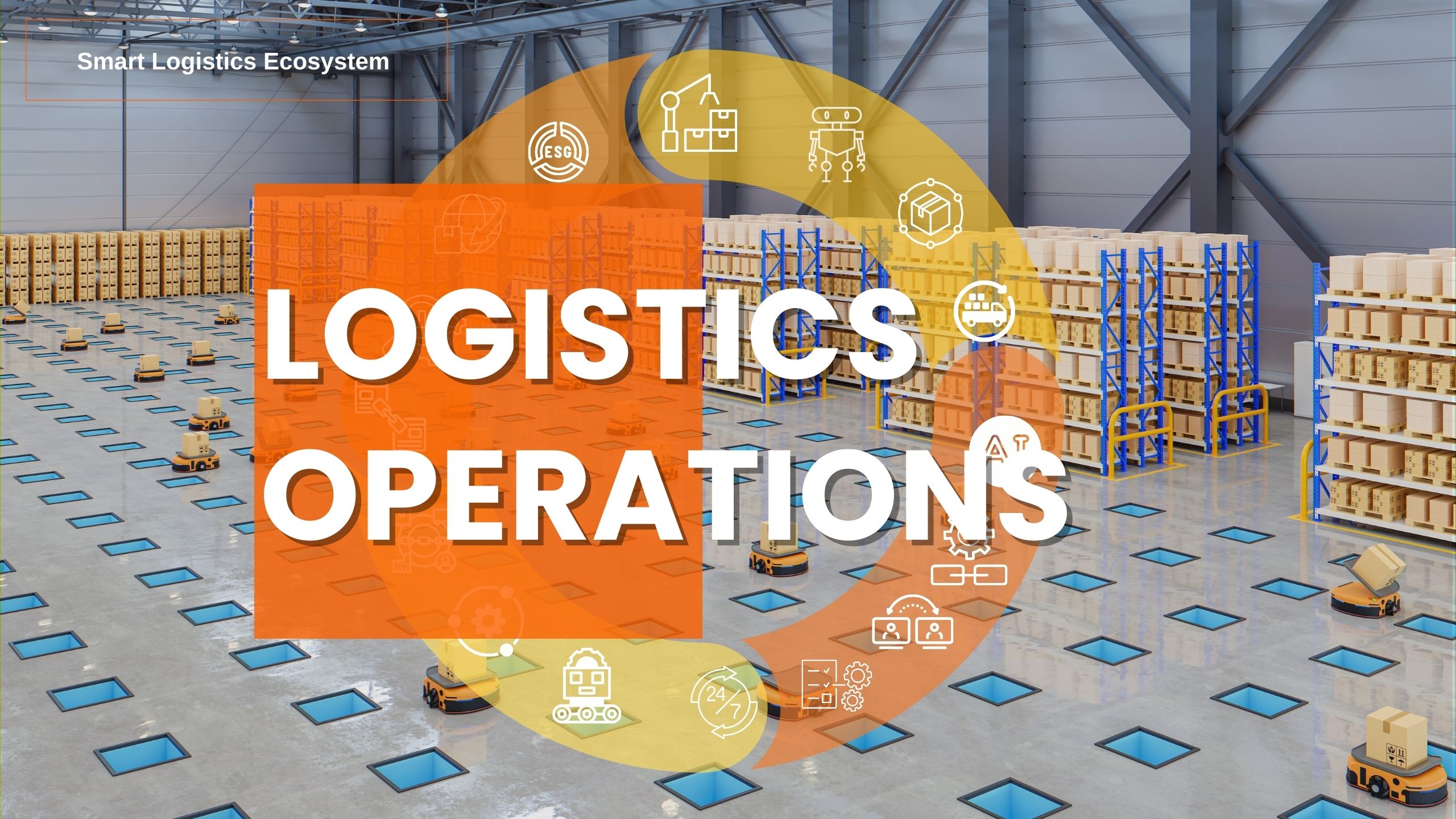2024 Budget Boost of $5 Billion to Support Logistics Industry Technology Adoption
- March 6, 2024

In its 2024 fiscal budget, the Hong Kong government doubled down on supporting the development of the city’s logistics industry through a series of tangible aid measures. According to economic analysts, logistics contributes over 20% of Hong Kong’s GDP and many job opportunities, significantly impacting the economy.
Around 90% of global cargo trade is conducted via sea shipping. Hong Kong occupies an essential position in this shipping market because it has a prime geographic location, unique institutional strengths, and a wealth of international trade experience and networks. With support from China’s 14th Five-Year Plan and the Outline Development Plan for the Guangdong-Hong Kong-Macao Greater Bay Area, the government published the Marine and Port Development Strategy Action Outline in December last year to facilitate the sustainable growth of Hong Kong’s shipping and port industries and bolster their long-term competitiveness as an international shipping hub.
This year’s budget significantly increases funding for the Third-Party Logistics Service Provider Support Pilot Scheme to HK$5 billion, extending subsidies through March 2026. This policy aims to support businesses adopting new technologies like autonomous vehicles. Since launching, over 300 companies have received funding totaling nearly HK$2 billion.
Additionally, the budget continues pumping resources into projects promoting green transportation and workforce training. Infrastructure investments ramping up across the nine Greater Bay Area cities are expected to catalyze growth in Hong Kong’s logistics sector. The policies have earned widespread praise from logistics firms and industry bodies for being comprehensive and tangible, boding well for the industry’s long-term sustainable development.
Let’s read more about
- “Third-party Logistics Service Providers”: https://bit.ly/3HGFGyW
- The 2024-25 Budget : https://bit.ly/3wFZi47
Other News
- All Post
- Greater Bay Alliance

The long-awaited Shenzhen-Zhongshan Bridge has finally passed its completion inspection on June 16th. This infrastructure marvel, comprising an underwater tunnel through the Pearl Riverbed and a cross-sea highway bridge, will connect the two cities and slash their travel time to just 30 minutes.

The 15th LET - a CeMAT Asia Event was officially unveiled recently, held for three consecutive days (May 29-31) at the Guangzhou China Import & Export Fair Complex.

Asset partners comprise capital investors and real estate providers with financial resources and physical logistics properties such as warehouses, logistics centers, and distribution centers. Both parties are driven by achieving long-term stable returns and asset appreciation, but they may need more experience in operating logistics assets.

With the increasing demand for online shopping, the logistics industry faces significant challenges and opportunities. To meet the growing needs, logistics operators must invest substantial funds in acquiring new logistics equipment, such as automation, intelligence, and digitization, to enhance operational efficiency and service levels. However, such investments can be a significant burden for many logistics operators.
